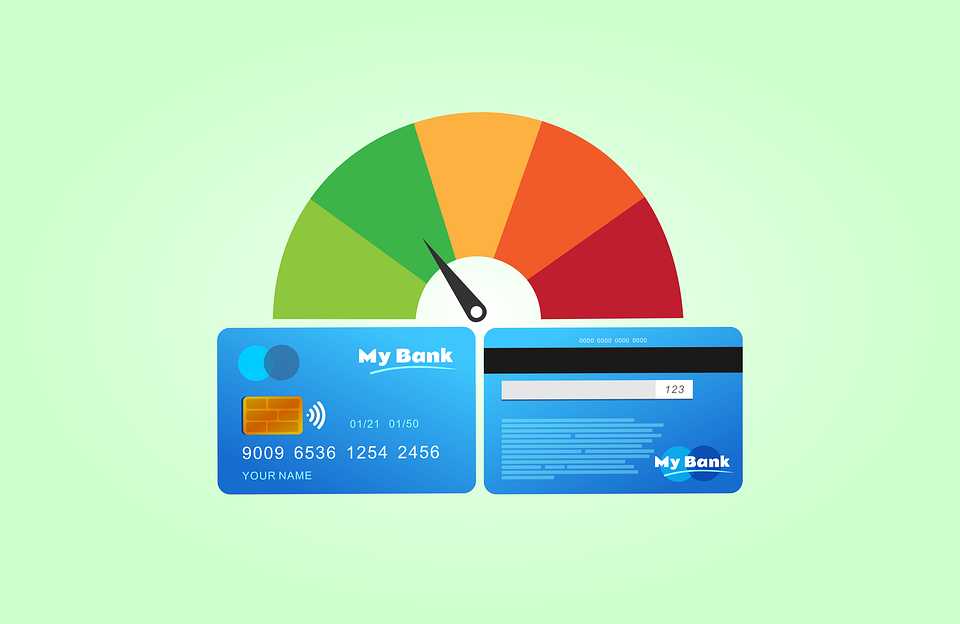Financial Goals: How To Calculate Your Mortgage Borrowing Capacity
Knowing your mortgage borrowing capacity is one of the most important steps of owning a home. You need to know how much you can borrow to help you decide the kind of home you want and the neighborhood to choose.
Sadly, calculating the mortgage borrowing capacity can be very complex. Sure, there are plenty of online tools to help you with the calculations but arriving at the final figure is always very challenging. That's particularly the case if you're trying to do it all by yourself.

How To Calculate Your Mortgage Borrowing Capacity
The following factors will influence your mortgage borrowing capacity:
1. Your Income
The first and most obvious factor is your income. Home loan providers analyze income to determine how much a person can afford to pay for a mortgage. And not the gross income but the after-tax income.
Now, a high after-tax income can increase your mortgage borrowing capacity. But that's not always as straightforward as it may sound. As we are going to see, other items like your financial commitment can also impact your borrowing capacity.
Therefore, you could have a high income, but your borrowing capacity will drop if the commitments are just as high.
It's also worth noting that the borrowing capacity can increase if you buy the home with another person. The logic here is that the ability to repay the loan increases since there's more than one person repaying it.
As you can tell, this calculation can be quite complex. So consider partnering with a mortgage broker who'll help you understand how your income and commitments affect your capacity. They can also assist you in fixing certain commitments to improve your eligibility for friendly mortgages.
2. Living Expenses
Financial commitments and living expenses like child care fees also have a huge impact on the borrowing capacity. The more the commitments and expenses, the lower the amount of loan you can qualify for.
That's because lenders consider your ability to repay the loan. So if they see you have tons of living expenses, they'll adjust the borrowing capacity downwards to ensure you can comfortably repay the loan.
This also means borrowers can increase their capacity by eliminating unnecessary expenses before applying for a mortgage. For instance, you could pay off your personal and auto loans before applying for a home loan. Your application will show that you have fewer financial commitments. This increases your ability to repay a home loan, and with it, your borrowing capacity will increase.
3. Credit History
Lenders usually check a borrower's credit history before approving any loan. A borrower with a clean credit history can qualify for a higher loan with better terms. By clean credit history, I mean someone who clears their credits in full and on time.
On the other hand, a borrower with a bad credit history not only gets a lower borrowing capacity but may actually fail to qualify for the loan in the first place. That's because bad credit history is an indication that the person is not good at meeting their financial obligations. And no lender wants bad debts.
It's advisable to go through your credit history before applying for a mortgage. Don't just assume that you have a clean history. Maybe there is an outstanding debt you don't know about that's ruining your score. Catch and resolve such issues before completing your mortgage application.

4. Property Deposit
A lender can increase your mortgage borrowing capacity if you make a huge deposit. Being able to make a larger property deposit shows that you have good savings habits. It demonstrates your ability to manage your finances, making it easier for lenders to extend a bigger credit to you.
Therefore, you should consider saving up for the property deposit before making your application. The genuine saving makes you a good candidate for a bigger mortgage with better rates and terms.
5. Value Of Property
Lenders also take into account the value of the property you want to buy. They'll conduct an independent valuation of the property and use the figure to calculate the loan they can give you based on some of the other factors discussed above.
Therefore, you can increase the chances of qualifying for a mortgage by going for a property that is within your means.
6. Type Of Home Loan
The loan term and interest rates are also factored in when calculating the borrowing capacity.
Now, some people are attracted to the smaller repayments of long-term home loans. While these loans are a bit easier to service, they usually tend to be more expensive since they typically have higher interest rates.
On the other hand, loans with shorter terms have higher repayments, but they usually have lower interest rates. Therefore, you might be able to save more with a short-term home loan even though the repayments are higher.
It's good to consider your repayment ability and choose the appropriate option. If you can make higher payments comfortably, consider a short-term loan. If you can't, look for a friendly long-term home loan.
7. Your Assets
Lenders may look at the assets you have before making a decision on the mortgage you qualify for. Valuable assets like investment properties, shares, and vehicles can increase your chances of qualifying for higher home loans. They may also influence the lender to extend more favorable terms.
8. Dependents
Did you know that the presence and number of dependents can also affect your mortgage loan? Yes, a lender can ask about the age and number of dependents. Having more young dependents can signal higher living expenses. High living expenses mean more financial obligations, and this directly affects your ability to repay a loan.
Calculating your borrowing capacity is definitely a taxing process. There are plenty of factors at play, plus different vendors use different formulas. That means you'll also have to shop around to find the best deal for your needs.
Fortunately, you can work with brokers to help you through the process. Yes, they will charge you for their services, but they will help fix some financial issues to increase the chances of qualifying for the best mortgages.